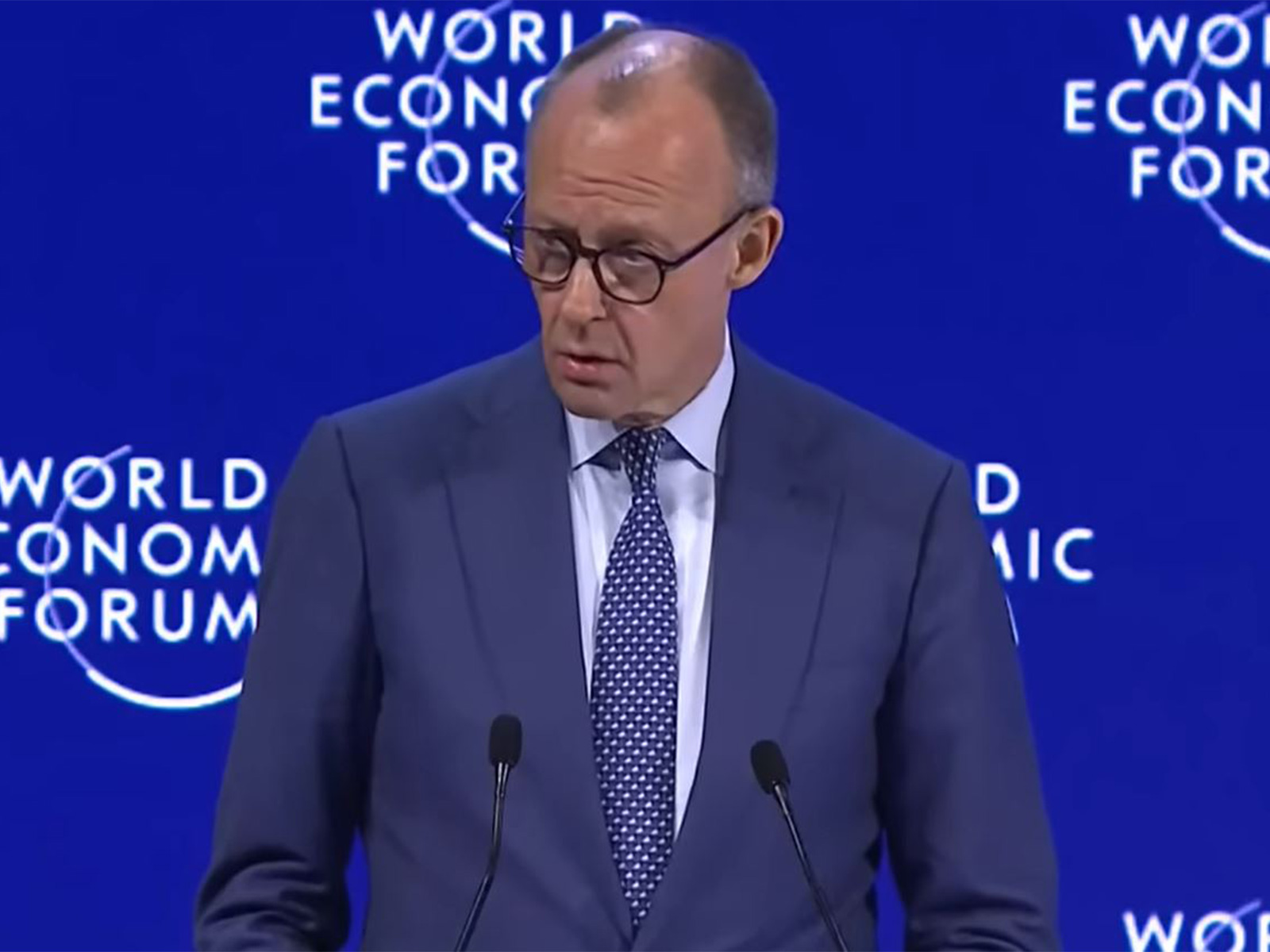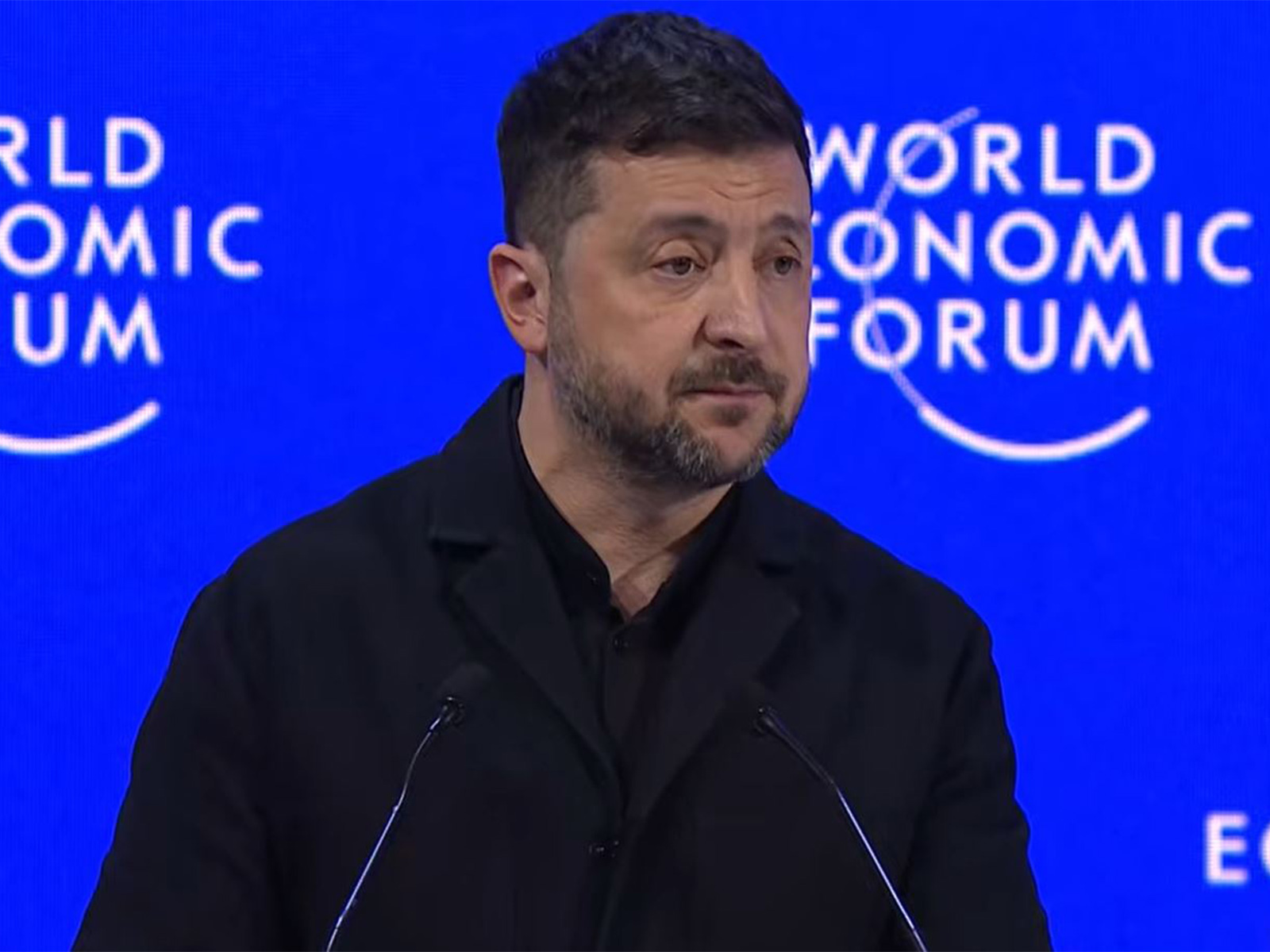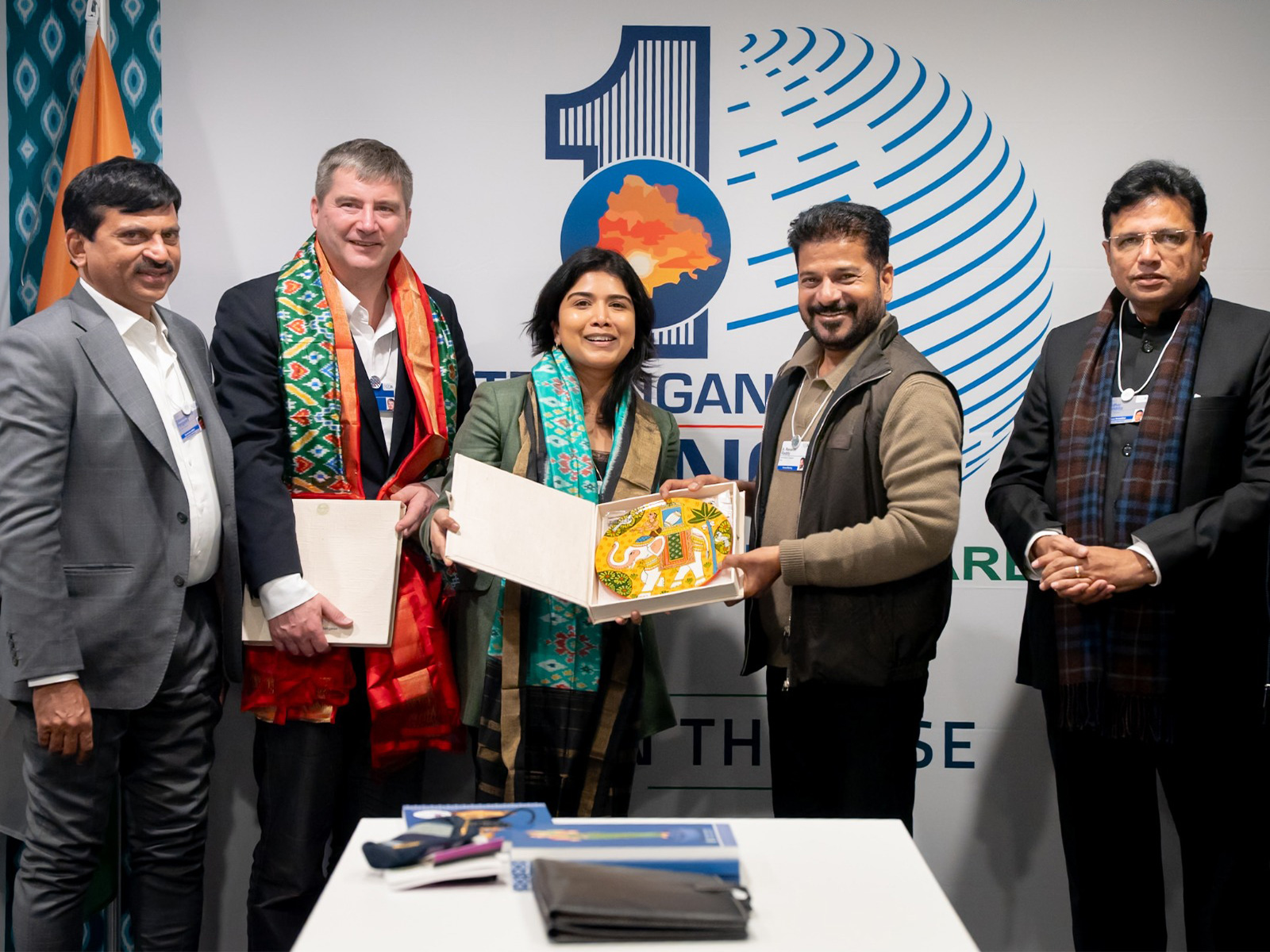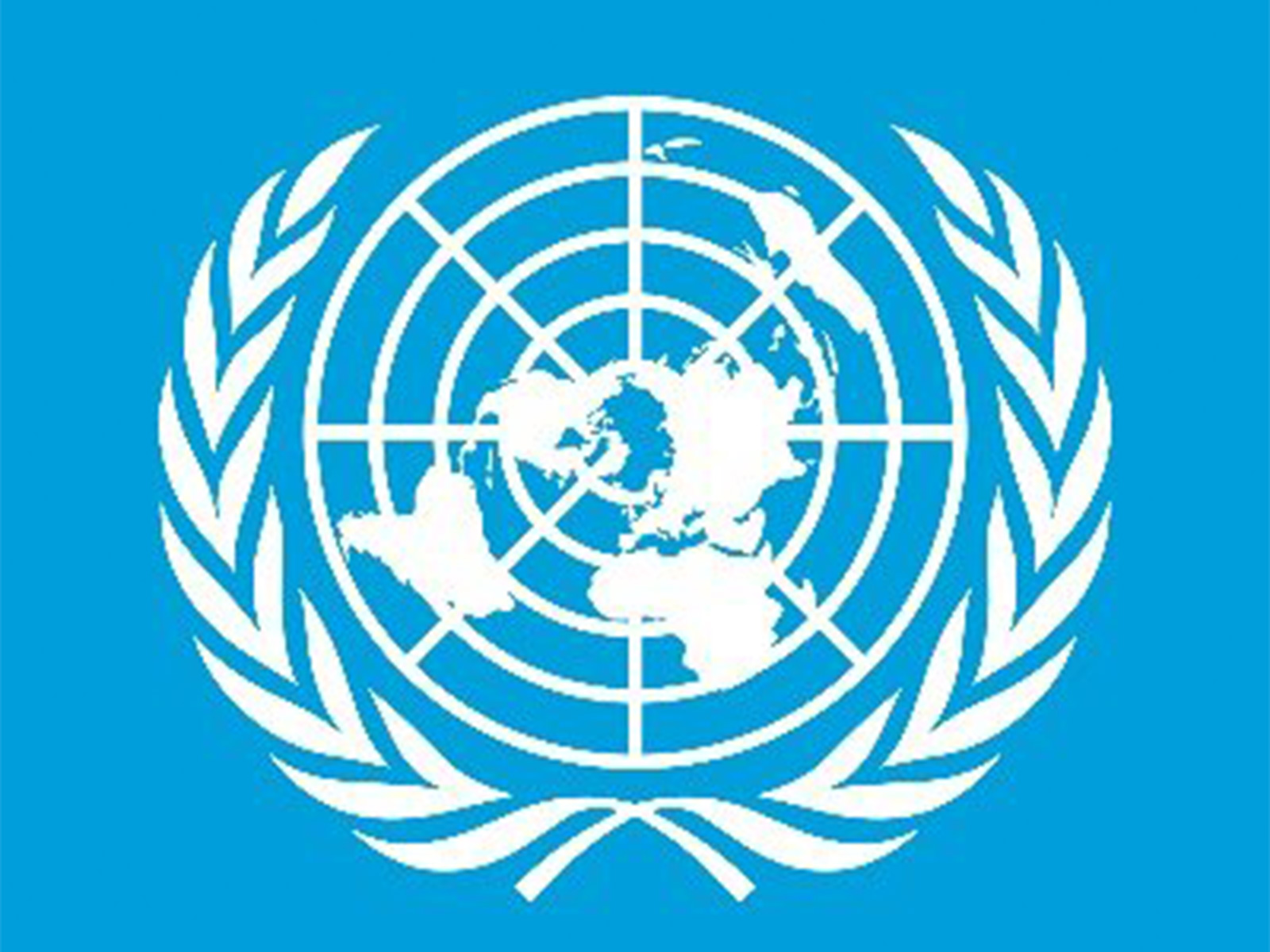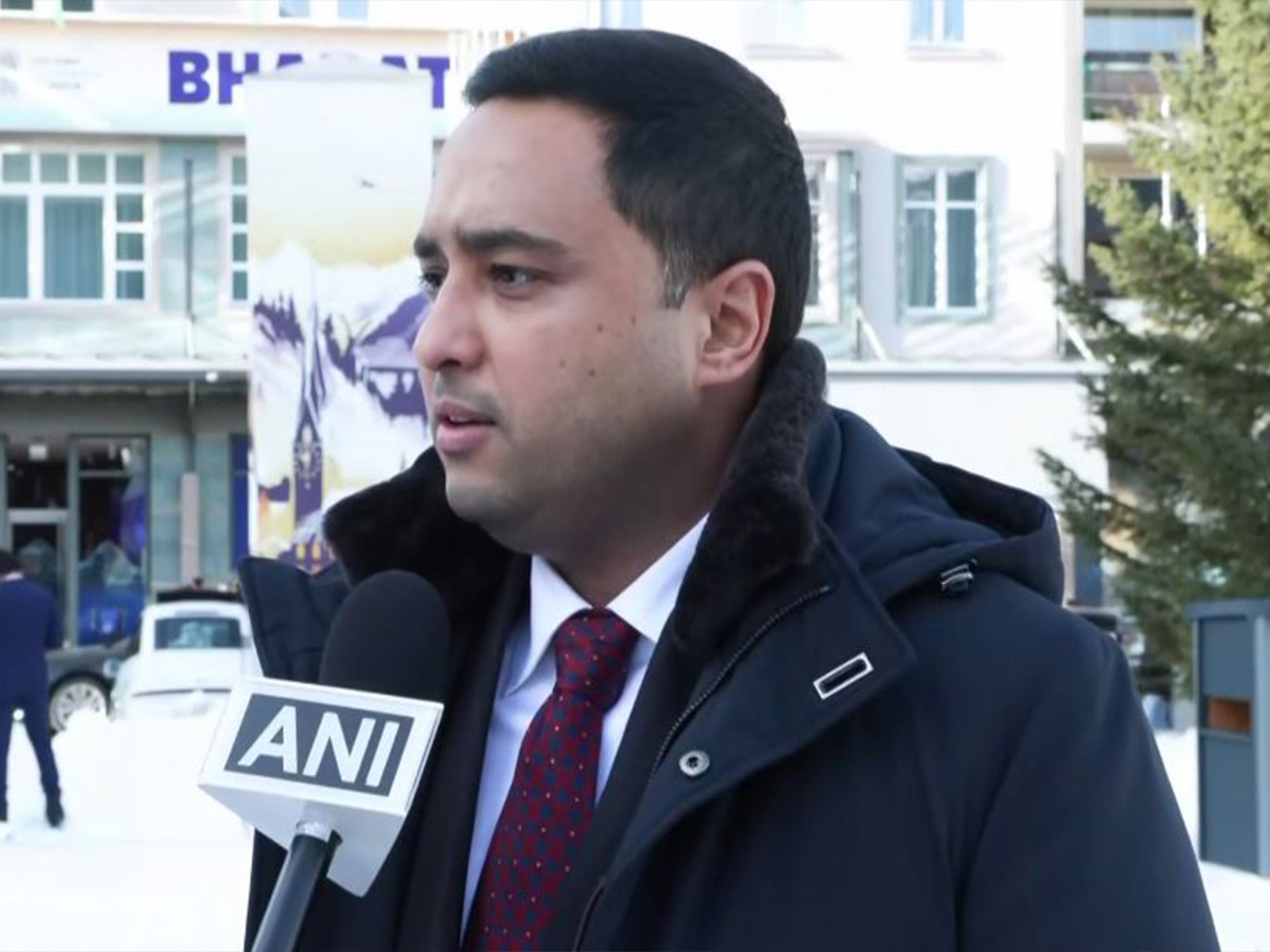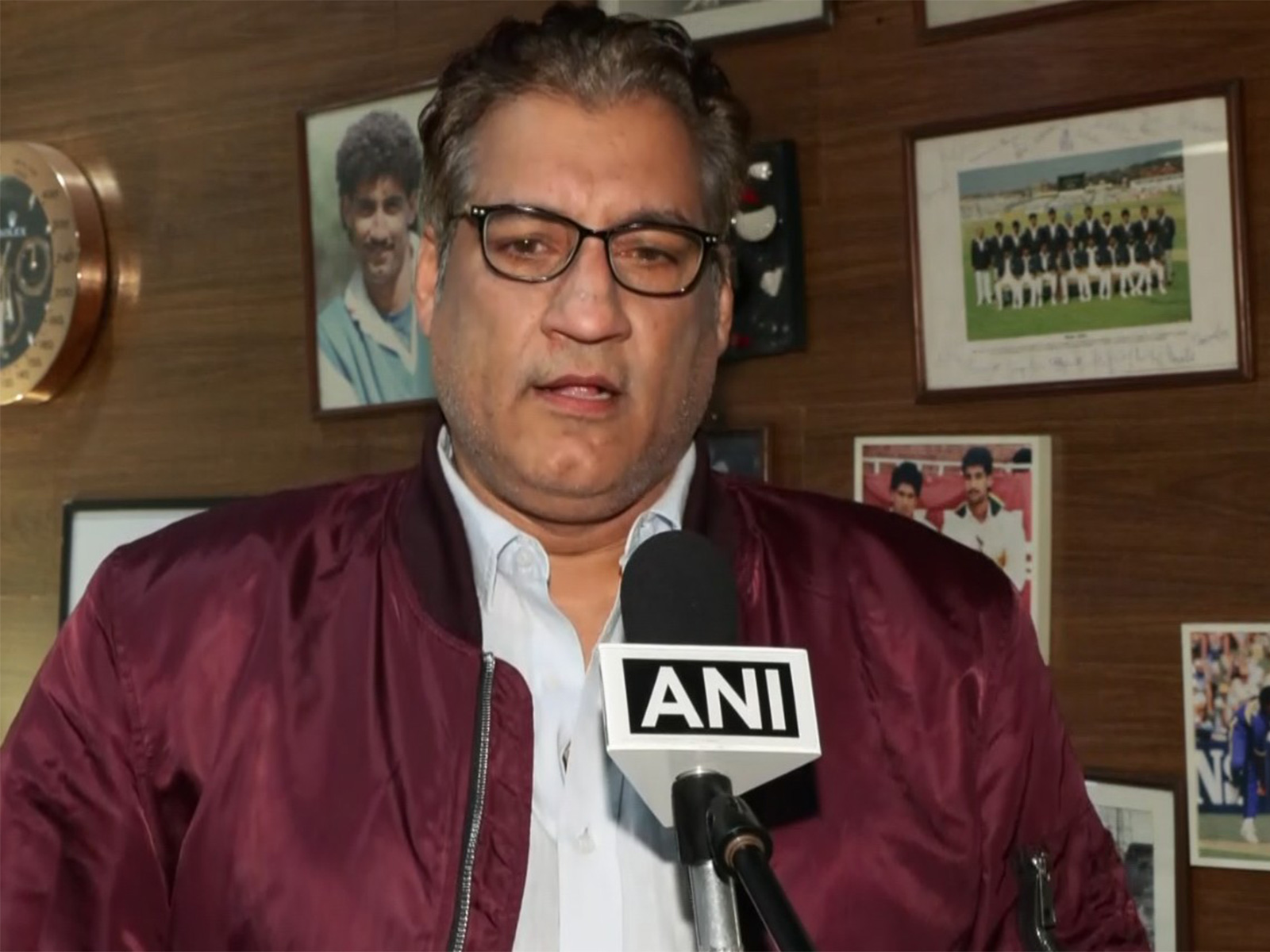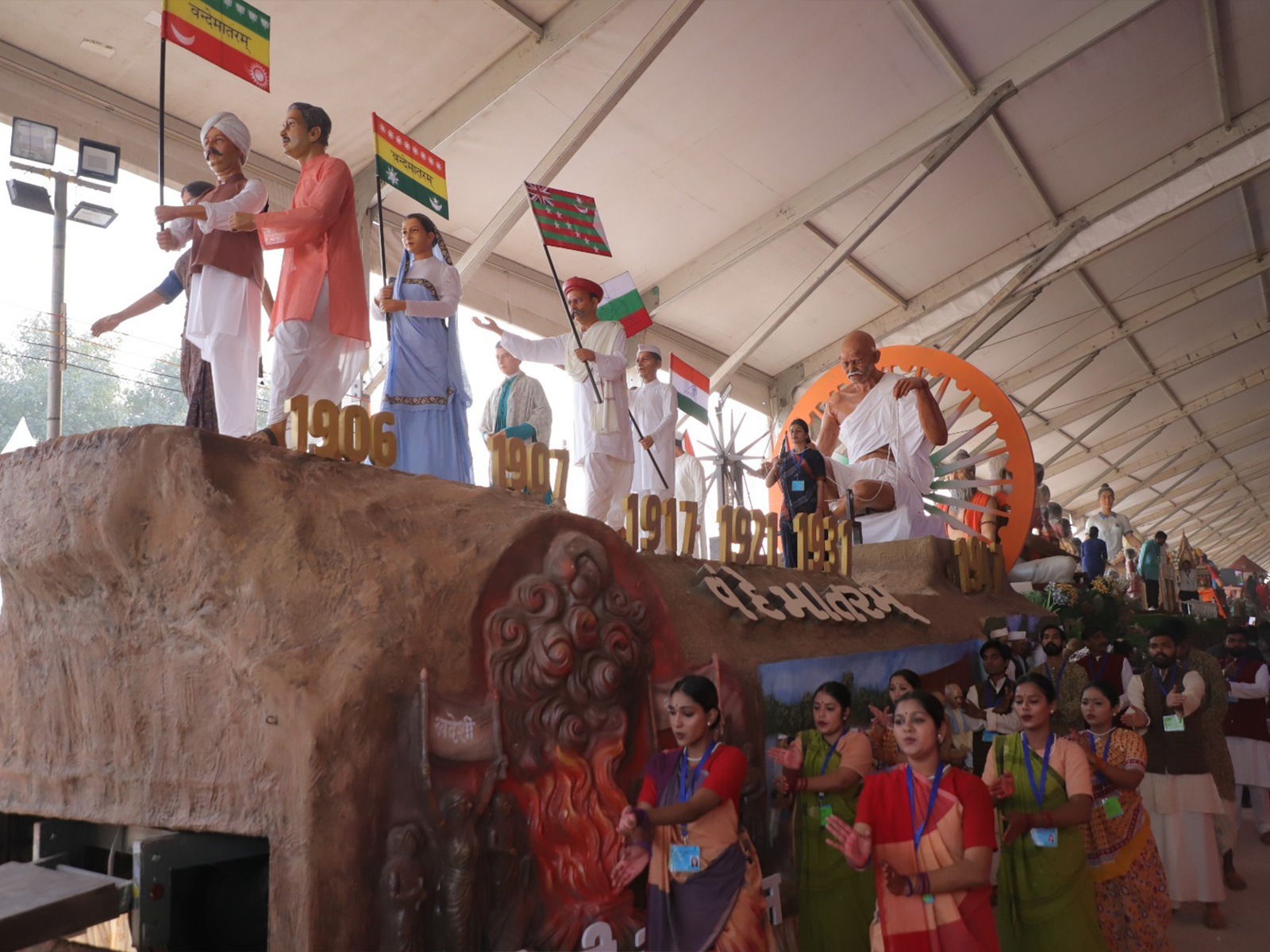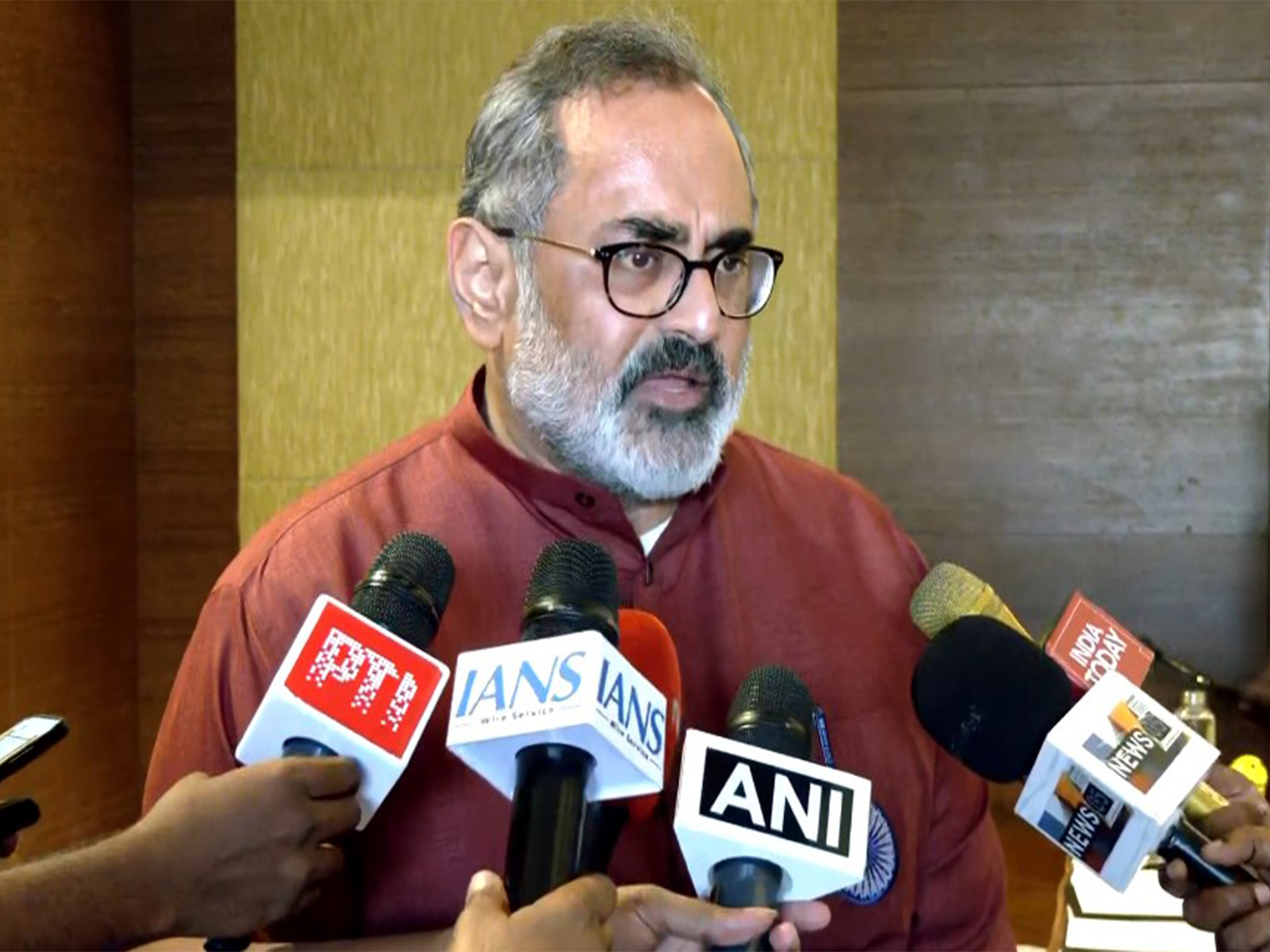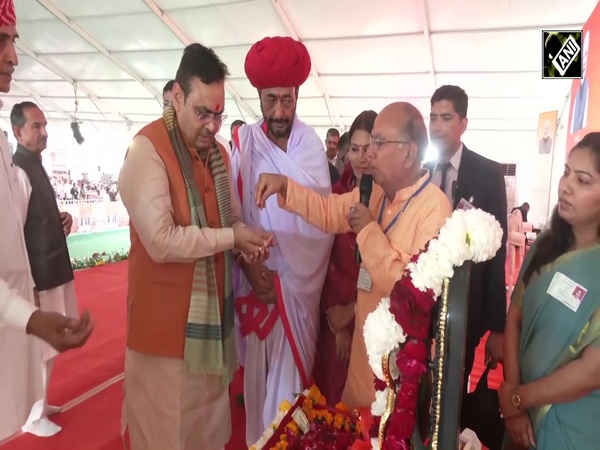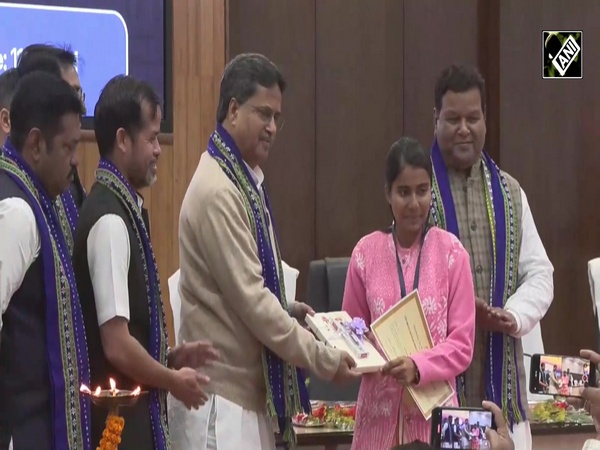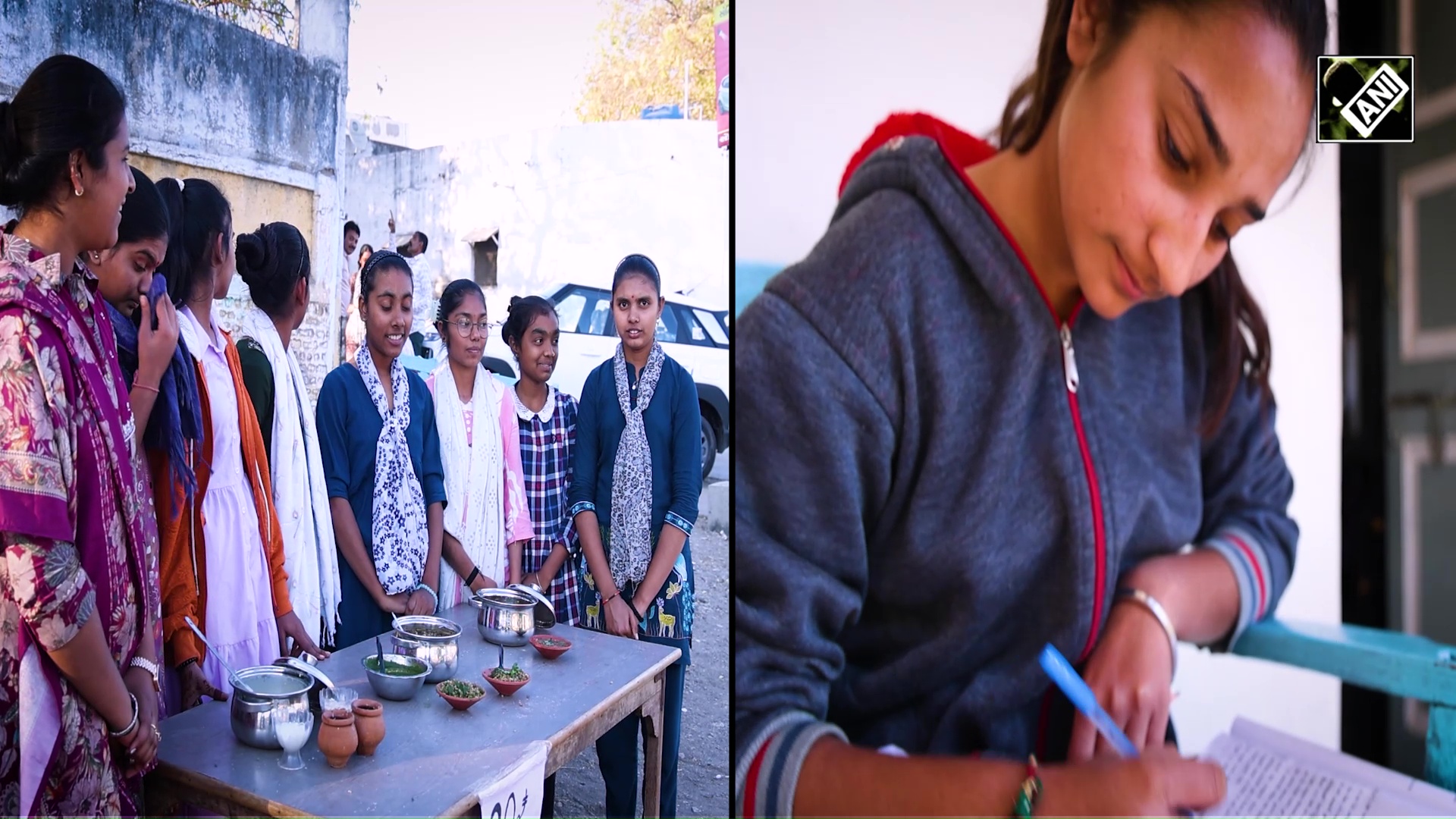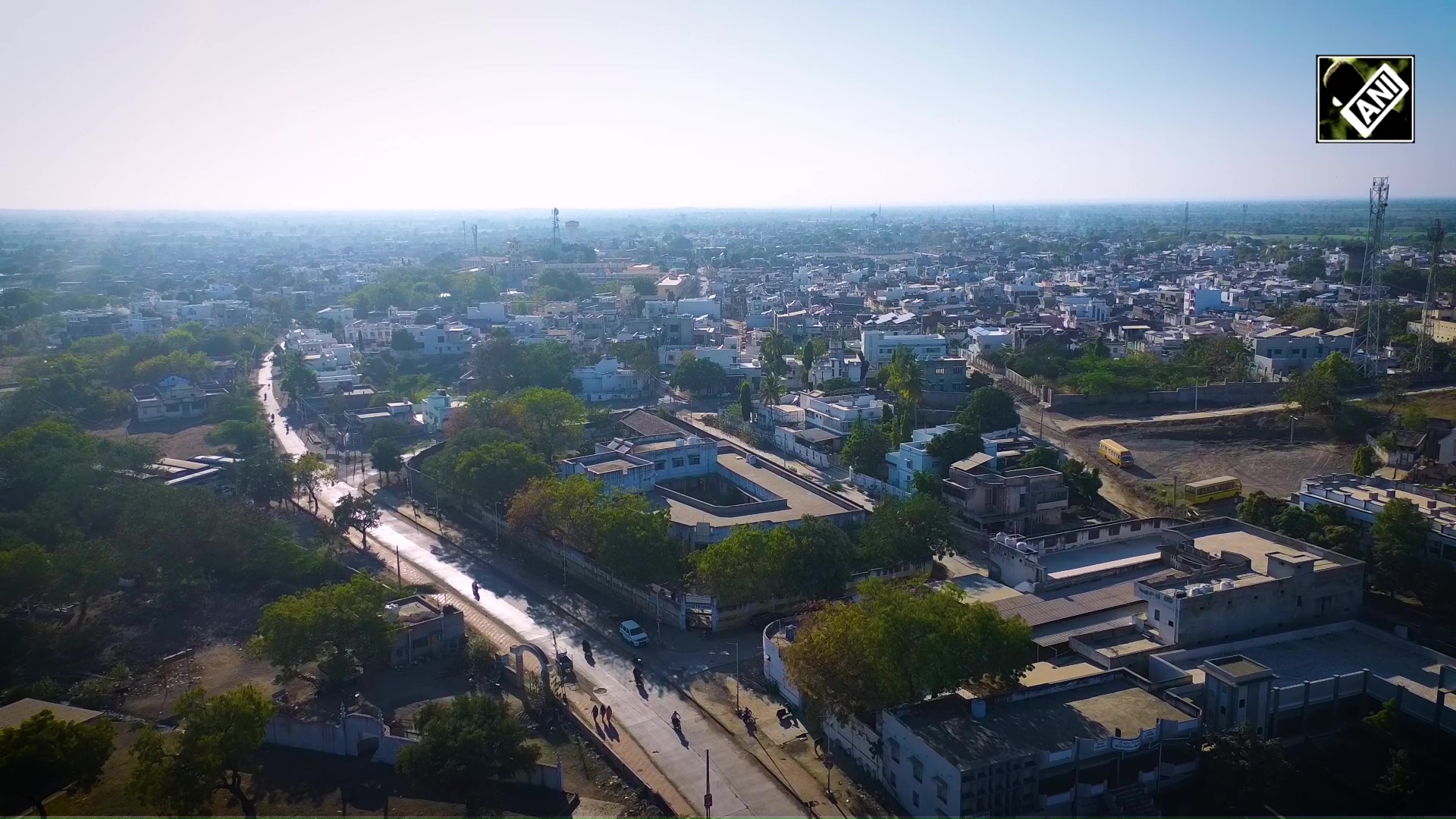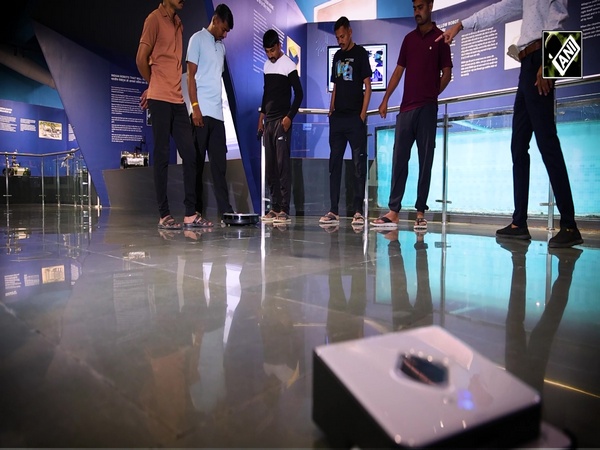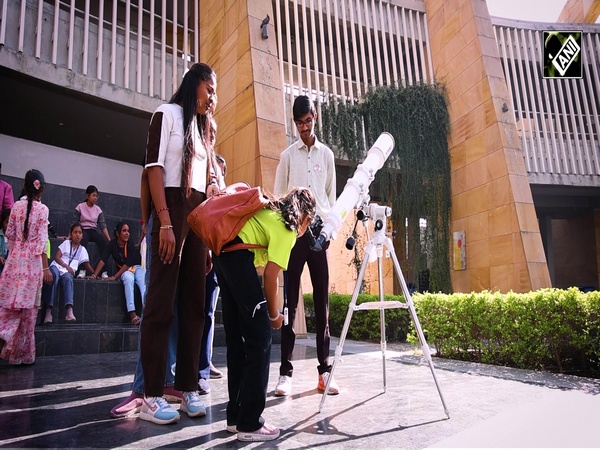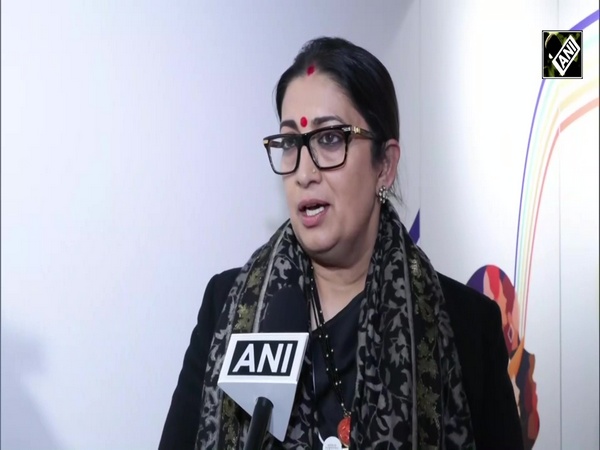Zayed Educational Complexes: A proactive vision for future UAE's generations
Oct 06, 2023

Abu Dhabi [UAE], October 6 (ANI/WAM): The Zayed Educational Complexes project, implemented by the Emirates Schools Establishment () in cooperation with the Presidential Court and the Ministry of Energy and Infrastructure, is one of the largest educational projects in the UAE, reflecting its steadfast approach to investing in human capital.
The complexes were established thanks to the leadership's directives and its keenness to provide the necessary support for the national educational system and harness resources to achieve progress in the government education sector at all levels, in line with the UAE's plans related to the education sector.
The UAE's leadership approved the project at the end of 2022, and relevant authorities completed the construction of the 11 complexes in record time ranging from only 6 to 8 months.
All construction work was completed before the start of the 2023-2024 academic year, and students were received on schedule.
Mohamed Al Qassim, Director-General of the ESE, stressed that the UAE's top investment is in its people, noting that the late Sheikh Zayed bin Sultan Al Nahyan established the foundations of an educational system focused on human development, and this system has witnessed sustainable development and growth with the guidance, support, and care of the UAE's leadership.
Al Qassim told the Emirates News Agency (WAM) that the project highlights the continuous attention and care given to the education system in the UAE, where education is always a top priority for the country's leadership.
Regarding the idea of the project, he explained that it began in September 2022 and witnessed unprecedented demand from citizens who wished to transfer their children from private schools to government schools. During the first two weeks of the previous academic year, the project received 13,000 students from private schools.
"Given the strong emphasis on creating a seamless educational process and high-quality educational outcomes, classroom capacity should not exceed 30 students. This encouraged us to immediately consider this project," Al Qassim said.
"We conducted a comprehensive study on the project and a complete survey of all regions of the country, and we drafted a proactive plan for expected capacity in the upcoming academic year, leading to the creation of 11 educational complexes in five emirates," he added.
"Time was a challenge for us. These complexes had to be completed in just 7 or 8 months to be ready to receive students at the start of the new academic year. We started implementing the project in December last year with full support from the leadership. We succeeded in completing it on time, in cooperation with partners, and received students at the start of the new academic year," he added.
The project consists of 11 educational complexes with a total capacity of 28,000 male and female students.
Three educational complexes were established in Dubai, distributed in Al Warqa, Oud Al Muteena, and Al Barsha 3. Three complexes were built in Fujairah in Mohamed bin Zayed City, Dibba Al Fujairah, and Al Badiyah. In Ras Al Khaimah, two complexes were established in Seih Al Qusaidat and Awafi. In addition, two complexes were built in Sharjah in Al Rahmaniya and Al Seyouh 12. Likewise, an educational complex was established in Ajman in the Al Muntazi - Mohamed bin Zayed area.
The educational complexes feature advanced construction specifications that rival the world's best academic institutions and facilities that cater to all aspects of student's educational journey, allowing them to learn more skills and knowledge and engage in various in-class and extracurricular activities that support their academic journey.
Each educational complex is equivalent to four traditional schools in capacity, exceeding 2,500 students in a single complex. The total capacity of all 11 complexes is some 28,000 male and female students. The complexes include 200 diverse laboratories serving various specialities, with each complex covering an area of 1,600 square metres.
The complexes include 44 service facilities, including swimming pools, theatres, and indoor multi-purpose sports halls. Each complex has a 540 square metre swimming pool, 1,800 square metre sports fields, and a 560-square-metre indoor multi-purpose hall, in addition to a theatre with an area of 1,125 square metres that can accommodate some 500 visitors. Furthermore, specialist halls for various arts were also constructed.
The construction of the complexes involved the efforts of 16,000 engineers, supervisors, and workers who participated in their construction around the clock to complete and deliver them in record time before the start of the academic year. The total working hours on the project amounted to 94 million.
According to several educational sources, the number of classrooms in the complexes starts from 920. The educational complexes were designed and constructed in line with sustainability standards, including green areas, shaded spaces and energy-efficient systems. They are also equipped with the latest interactive screens and smart control and monitoring systems, ensuring their efficient management and the safety of students. (ANI/WAM)
